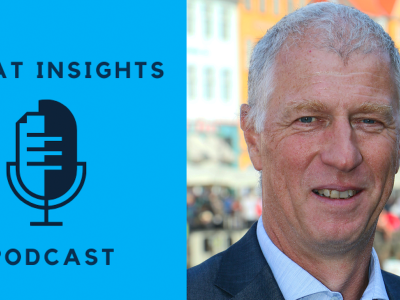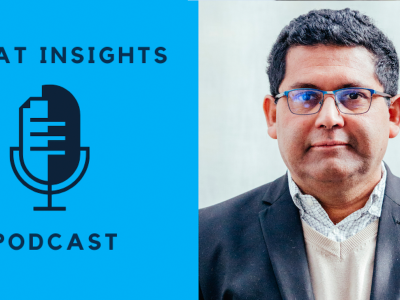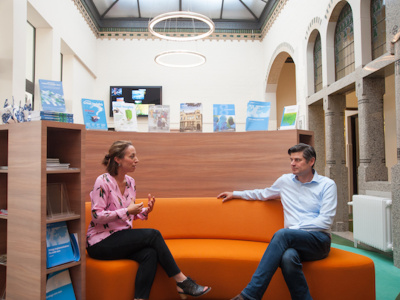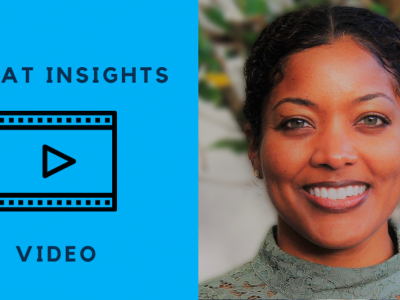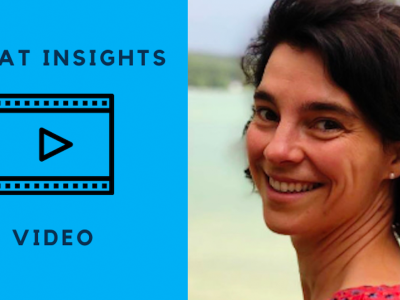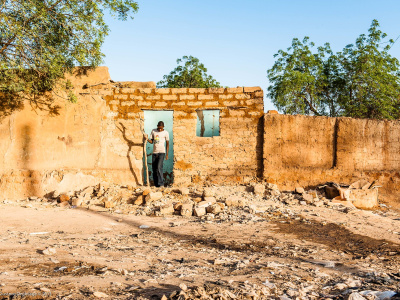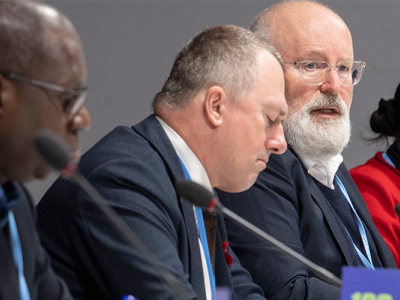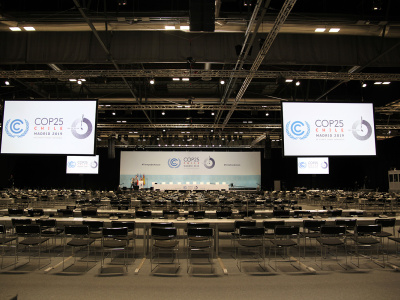
COP26 and beyond: It’s choice, not chance – Editorial
In this climate issue of Great Insights, we gather ideas on how the earth can take a fresh, new breath. But, we also have frank discussions on what blocks progress towards a greener, more sustainable and resilient future.
we’ve ruined | our only home for | convenience and profit | neither of which will be | useful once the earth | can’t breathe
The deadly floods in my country Belgium this July struck in a totally unpredictable way. Suddenly the devastation of climate change was here, and no longer a possible scenario for a faraway country. It is extremely alarming that, in the coming years, the global impact of climate change will be even more destructive, causing dire human suffering. The latest release Climate Change 2021: The Physical Science Basis by the Intergovernmental Panel on Climate Change (IPCC) shows again that Africa will be one of the most affected regions in the world. It is ever more clear that countries must quickly and radically cut greenhouse gas emissions to limit average global warming to 1.5°C.
The EU Green Deal promises for the EU to become climate neutral by 2050. However, this mid-century deadline risks putting green ambitions on the backburner: halving global emissions in the next 9 years is crucial if we want to stop the most devastating climate impacts. This won’t be easy: the soaring energy prices risk limiting the Green Deal objectives. Still, governments and companies across the world have committed to tackling climate change, and now it’s time to make them deliver, as lawyer Roger Cox, recently listed as one of the 100 most influential people of 2021 by Time Magazine argues. Ms Annett Möhner and Mr Daniel Morchain, while not undermining the value of global UN climate frameworks, emphasise the importance of ambitious domestic climate action. Climate action in Bangladesh or Nepal reveals the secret ingredients of doing this successfully.
A green transition is the only realistic way forward, as Hans Bruyninckx says, but it must also be a socially just transition, as emphasised by Minister Meryame Kitir, Commissioner Dr Amani Abou-Zeid, and Dr Rebekah Shirley. African countries, such as Ethiopia, have made great progress in generating renewable energy. But they continue to call for support for climate mitigation and adaptation, based on the principles of climate justice. The EU has built its work on this concept, but it can do more, as our researchers Mariella Di Ciommo and Pamella Eunice Ahairwe tell us. At the same time, African countries should open up their markets to international investors in renewable energy if they want to embrace a just energy transition, Secretary-General Roberto Vigotti from RES4Africa tells us.
Climate impacts far outpace adaptation action, as underlined by Prof. Anthony Nyong. Integration of adaptation is the way forward: it should be part of the COVID-19 recovery plans, and development and health agendas, to drive Africa’s economic development. Building climate resilience in food systems – a key topic of this month’s UN Food Systems Summit – is also extremely important for African livelihoods. Dr Christophe Béné reflects on how to make the shift towards more sustainable (and climate-friendly) food systems but expresses his doubts on the actual feasibility.
Lastly, the debate around climate action often comes down to the question of “who is going to pay for what?”. The adaptation finance gap is huge, as Ms Nancy Saich acknowledges, but the EIB is keen on closing the gap. Ms Sara Mbago-Bhunu gives concrete ideas on how to leverage additional funding to finance adaptation and ultimately, build stronger food systems.
The efforts to be done ahead of COP26, with a focus on the implementation of the Paris Agreement, seem insurmountable. Mr Saliem Fakir and Commissioner Amani Abou-Zeid have higher expectations for COP27 that will be held on African soil when the world will have had more time to deal with the aftermath of the COVID-19 crisis.
But there is so much we can do before that. I hope that our climate edition can contribute to the debate on the energy transition and adaptation, by offering a wide variety of views and ideas. Looking forward to hearing your thoughts.
Hanne Knaepen, guest editor
Read the full magazine issue
This article appears in the climate edition of ECDPM's Great Insights magazine – check out the full issue or the other articles and multimedia below.







